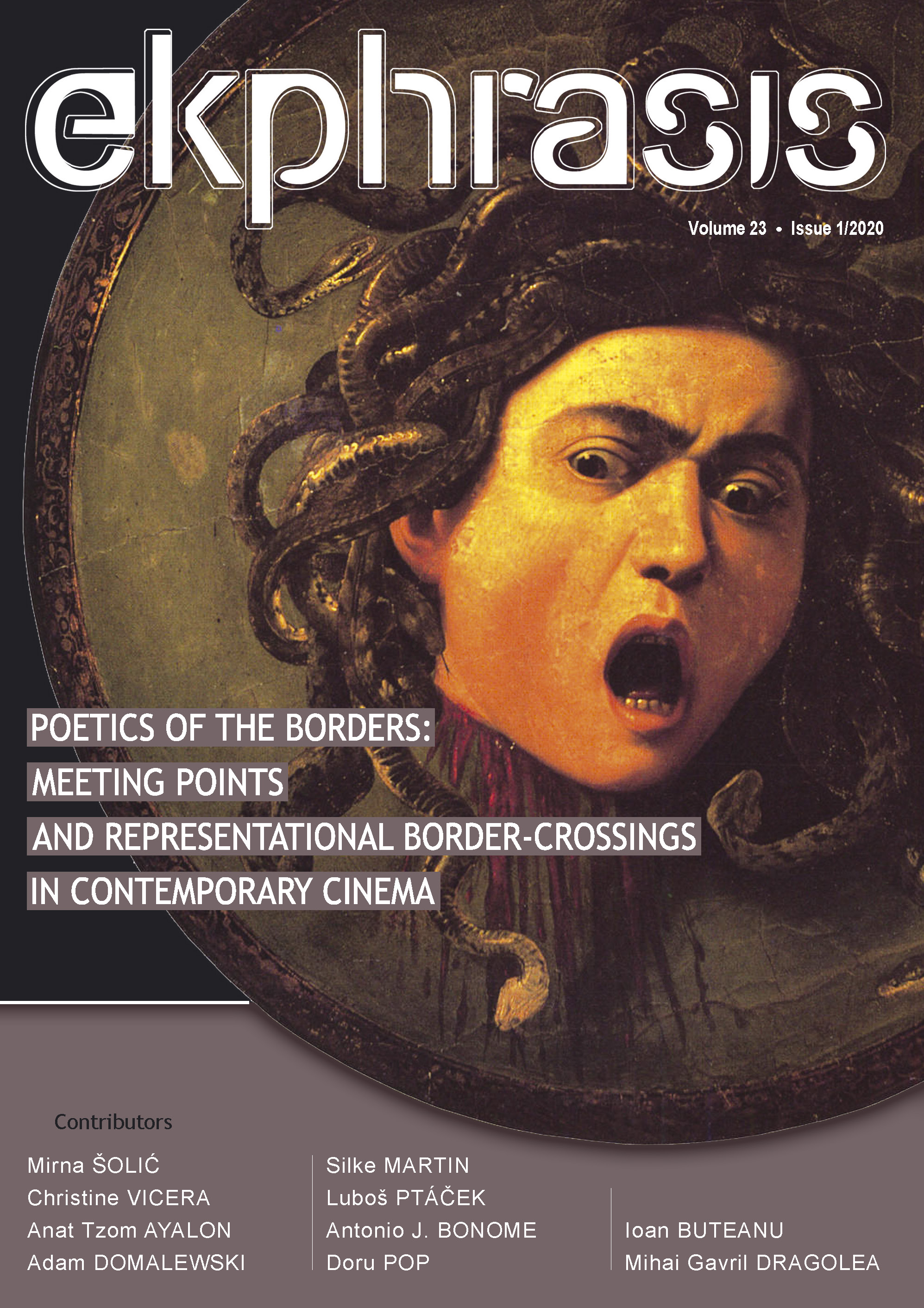The Sudetes in Czech Cinema – a Political Space Trapped by National and Class Stereotypes
The Sudetes in Czech Cinema – a Political Space Trapped by National and Class Stereotypes
Author(s): Luboš PtáčekSubject(s): Politics, History, Recent History (1900 till today), Film / Cinema / Cinematography
Published by: Universitatea Babeş-Bolyai, Facultatea de Teatru si Televiziune
Keywords: Sudetes; history and film; Czech-German relations; Czech cinema; ideology;
Summary/Abstract: The theme of Czech-German co-habitation in the Sudetes, from where over two million German citizens were uprooted after the Second World War, has become one of the most politicalised themes in Czechoslovakian and then Czech cinematography. In this study, the analyses are primarily focused on motifs linked with representation of historical and present Sudetes, and development of Czech-German relations. Concretely, it focuses on nationalistic actions,the escalation of Czech-German relations after Hitler’s coming of power in Germany, conceding the Sudetes to the Reich, expelling the Germans after World War Two, the arrival of Czechs after the war, fate of ethnically mixed families, and protection of national borders. The aim of the study is to describe changes in the discourse of film and television representations of history in Czech society following the creation of Czechoslovakia in 1918 until the present day, and interpret these in the context of political changes. In particular, I will focus on the reasons which caused the deformation and silencing of historical events linked with those in the Sudetes. The analyses conducted along the diachronic axis should prove the hypothesis that changes in the representations of history and present Sudetes correspond with changes in society, and strongly present the contemporary Czech(oslovakian) position to the 20th century history.
Journal: Ekphrasis. Images, Cinema, Theory, Media
- Issue Year: 23/2020
- Issue No: 1
- Page Range: 72-86
- Page Count: 15
- Language: English

